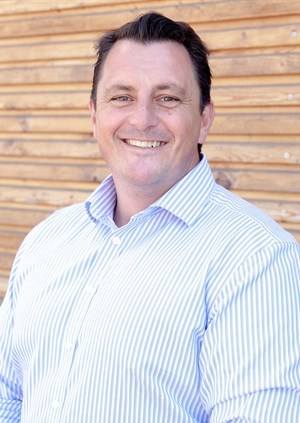






Wood-Mizer has been in the Africa market for a number of years. Initially, the company used an appointed representative to manage its interests on the continent. In 2011, the decision was made to open a Wood-Mizer branch office to support this very important market. The decision was based on the recognition that the market required further technical and sales support to unlock the potential that Africa offers. Some of the challenges were: local finance options for markets, finding skilled persons to join the team, the costs of doing business in Africa, security concerns and finding good local business partners in Africa that would hold true to the values that Wood-Mizer has set for itself as a global corporation.
An understanding that the Africa market deserves to be treated with the utmost respect. If you want to be successful, you need to understand that each country has completely different business and social etiquette and rules. Patience. Manners.
An increased recognition that Africa needs to use its raw product resources better. This includes using more efficient sawmilling technology that can grow local economies, increase competitiveness and achieve increased sustainability.
Fortunately, in Africa, we have well-developed timber economies that can serve as a starting point to evaluate the opportunities. Political stability, economic growth, population size etc. all play a role in our considerations.
Our focus for Africa is to build a service support network across the continent that gives sawmillers the backing they deserve. This includes before and after sale service, technical support, spares, training and advice. With increased support, profitable sawmilling businesses across Africa can prosper and reverse the trend of log exports, which has hurt economies, people and the resource across the continent.
Wood-Mizer’s approach to sustainability is that it should be broad-based. To protect the global timber resource, which is admittedly under huge pressure, we should find a way to protect and grow more trees but which also benefits people. Sawmilling is the first step in this process. It unlocks the full value of the log where the tree grows. When people prosper from trees, they have a reason to protect the resource and grow more trees. Wood-Mizer’s brand positioning statement on sustainability defines this approach really well: Wood-Mizer, for Timber, for People.
Our technology is also built to enable increased sustainability. Wood-Mizer’s thin-kerf narrow bandsaw technology wastes less timber with more sawn timber produced from a single log. Less waste means less trees need to be cut down to produce timber.
Our equipment use less electricity / fuel without sacrificing high levels of production.
Our technology provides for a quality finished product that is ready to go to market with little or no further preparation required. This reduces waste and energy costs further down the value chain.
Finally, our products are simple to use and easy to afford. With less barriers in place, profitable sawmilling enterprises across Africa can now unlock the full value of the continent’s timber resources for the benefit of its people. By doing so, we can stop the tide of raw logs exports, foster local manufacturing, grow employment, improve lives and spur a love for trees and timber.
Africa is an emerging market that offers huge potential. With that comes competition. Africa is also increasingly aware of false promises. Wood-Mizer respects the market and its people and we build our business around integrity, service and trust.
We have strengthened our team with regional area specialists and further technicians and will be striving to appoint further dealers in countries not yet covered.
Africa is not an easy market to trade in. If businesses understand how to overcome these challenges, the future is bullish.
